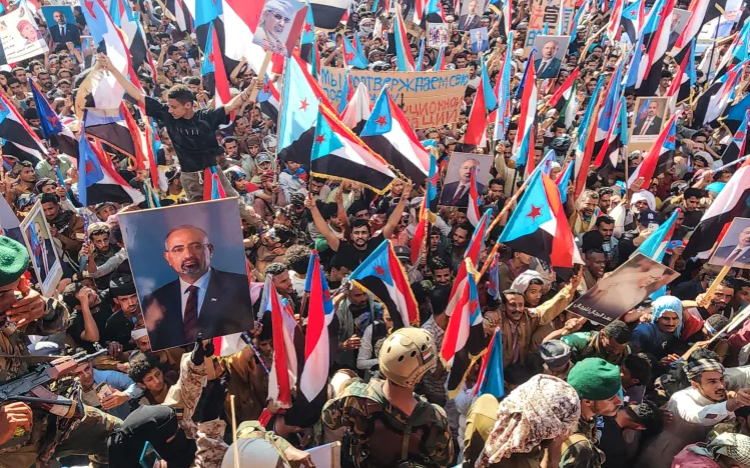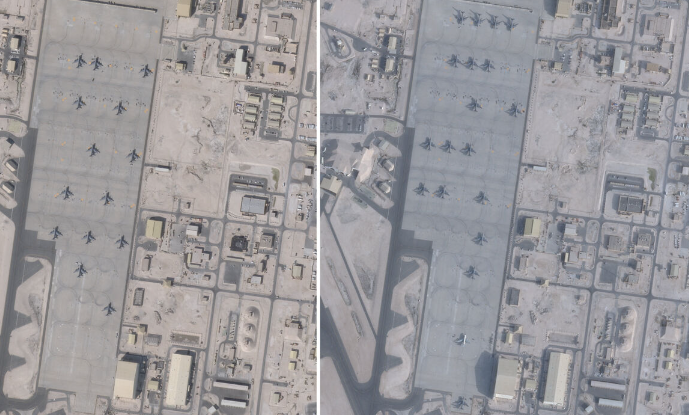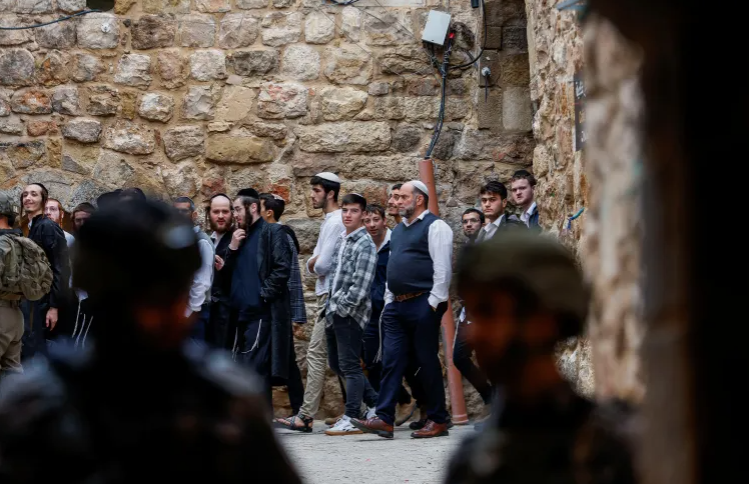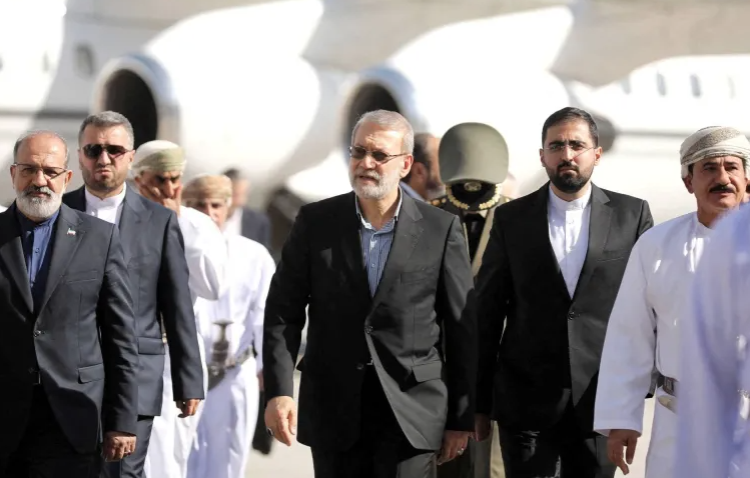WORLD NEWS
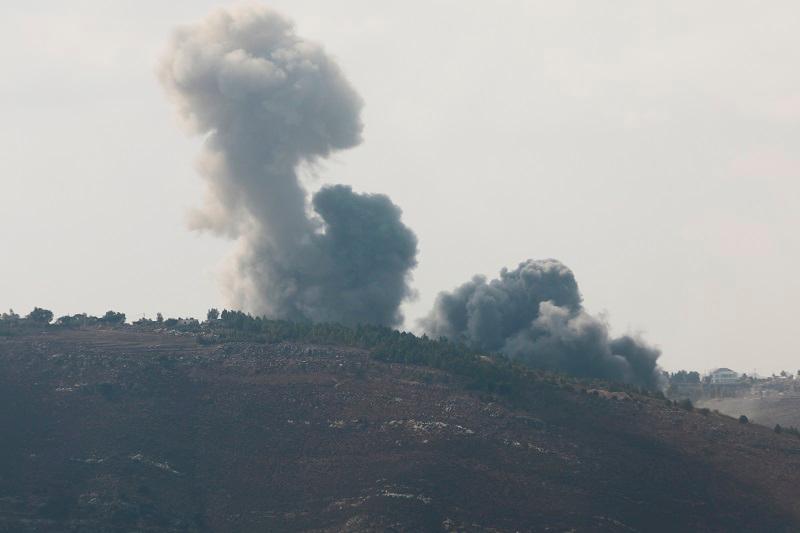
Israel has broadened its strike zone in Lebanon, launching an attack on the Christian-majority town of Aitou on Monday. The strike resulted in at least 18 fatalities and four injuries, as reported by the Lebanese Red Cross. The targeted location, which had been rented to displaced families, highlights the increasing intensity of Israel's operations beyond its previous focus in southern Lebanon and the eastern Bekaa Valley.
Military Operations and Evacuations
The Israeli military has also ordered residents from 25 villages to evacuate to areas north of the Awali River, indicating a strategic shift as the conflict intensifies. Among the casualties was Muhammad Kamel Naim, a commander of Hezbollah's elite Radwan Force, killed in an Israeli strike in the Nabatieh area of southern Lebanon. Hezbollah has yet to issue a response to this incident.
This escalation occurs against a backdrop of heightened tensions between Israel and the United Nations peacekeeping force, UNIFIL, which is stationed in southern Lebanon. Israeli Energy Minister Eli Cohen has reiterated Prime Minister Benjamin Netanyahu’s call for the U.N. troops to withdraw, citing accusations of the peacekeepers providing cover for Hezbollah.
Diplomatic Tensions with UNIFIL
The U.N. has reported incidents of Israeli tanks breaching its bases, leading to rising tensions between Israel and the peacekeeping mission. Israel disputes the U.N. accounts, with Netanyahu accusing UNIFIL of enabling Hezbollah's activities. Hezbollah, in turn, has denied claims of using U.N. personnel as human shields during the ongoing conflict.
As Israel ramps up its military actions, the broader region remains on high alert for potential retaliation against Iran following a missile barrage on October 1, which Israel attributes to Iranian involvement in the Lebanon conflict. The Pentagon has announced the deployment of U.S. troops and an advanced anti-missile system to Israel as part of its preparations.
Israeli Claims on Hezbollah Infrastructure
During a recent media tour, Israeli military officials showcased what they described as Hezbollah tunnel shafts and weapons caches located dangerously close to UNIFIL positions. Brigadier General Yiftach Norkin highlighted the proximity of these military assets to peacekeeping operations, stating, “We are actually standing in a military base of Hezbollah very close to the U.N.”
The Israeli military claims to have destroyed numerous Hezbollah military infrastructure components, including tunnel shafts and command posts, since beginning its ground operations near the border. Colonel Olivier Rafowicz alleged that a significant quantity of arms, reportedly sourced from Iran and Russia, has been found and indicates preparations for an assault on Israel.
Broader Implications and International Response
Hezbollah's extensive tunnel network, reportedly hundreds of kilometers long, remains a critical component of the group’s military strategy. As tensions mount, UNIFIL has expressed concerns over its ability to monitor potential violations of international law in the conflict.
The European Union has faced criticism for its slow response to the recent Israeli attacks on its peacekeepers, with EU foreign policy chief Josep Borrell condemning the actions as “completely unacceptable.” Spanish Prime Minister Pedro Sanchez has called for EU member states to consider suspending the bloc's free trade agreement with Israel over its military actions in Lebanon and Gaza.
The renewed conflict between Israel and Hezbollah has escalated significantly since last year, driven by Hezbollah's support for Hamas at the outset of the Gaza war. Israel’s ongoing operations in Lebanon aim to facilitate the return of thousands of residents displaced from northern Israel, but the situation remains precarious as regional tensions continue to rise.
